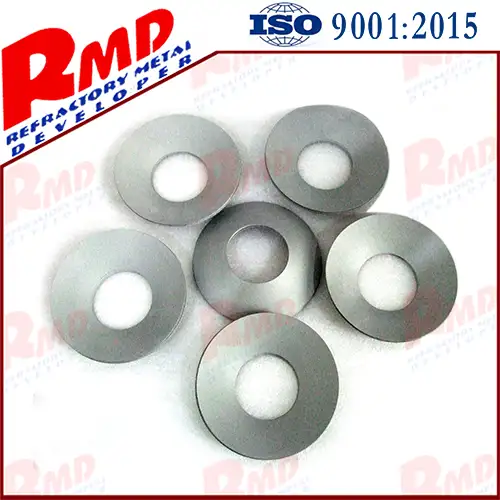- English
- French
- German
- Portuguese
- Spanish
- Russian
- Japanese
- Korean
- Arabic
- Greek
- German
- Turkish
- Italian
- Danish
- Romanian
- Indonesian
- Czech
- Afrikaans
- Swedish
- Polish
- Basque
- Catalan
- Esperanto
- Hindi
- Lao
- Albanian
- Amharic
- Armenian
- Azerbaijani
- Belarusian
- Bengali
- Bosnian
- Bulgarian
- Cebuano
- Chichewa
- Corsican
- Croatian
- Dutch
- Estonian
- Filipino
- Finnish
- Frisian
- Galician
- Georgian
- Gujarati
- Haitian
- Hausa
- Hawaiian
- Hebrew
- Hmong
- Hungarian
- Icelandic
- Igbo
- Javanese
- Kannada
- Kazakh
- Khmer
- Kurdish
- Kyrgyz
- Latin
- Latvian
- Lithuanian
- Luxembou..
- Macedonian
- Malagasy
- Malay
- Malayalam
- Maltese
- Maori
- Marathi
- Mongolian
- Burmese
- Nepali
- Norwegian
- Pashto
- Persian
- Punjabi
- Serbian
- Sesotho
- Sinhala
- Slovak
- Slovenian
- Somali
- Samoan
- Scots Gaelic
- Shona
- Sindhi
- Sundanese
- Swahili
- Tajik
- Tamil
- Telugu
- Thai
- Ukrainian
- Urdu
- Uzbek
- Vietnamese
- Welsh
- Xhosa
- Yiddish
- Yoruba
- Zulu
Research On 3D Printing For Tungsten Wires
2024-01-05 18:00:06
Markus Chmielus, an assistant professor at Pitt University, said: 'Industry is increasingly using 3D printing to make highly complex metal parts, but rapid local heating and cooling during the power-beam-based printing of tungsten wires creates a large thermal gradient, leading to tungsten carbide cracking. "Binder injection 3D printing works better because it selectively binds powder particles to the binder, layer by layer, and does not cause any temperature fluctuations during printing."

This bonding method requires the parts to be annealed in a high temperature oven after 3D printing, with no temperature gradient due to uniform heat distribution. Tungsten is very hard, so being able to use this material for 3D printing would benefit many industries. By partnering with Swanson School and leveraging its expertise in adhesion-injection 3D printing and additive manufacturing process optimization, this research will be able to scale up more complex and diverse components at lower cost, "said Drew Elhassid, lead metallurgist. "Additive manufacturing is particularly useful when the most demanding parts need to be made in smaller quantities because we don't necessarily make them on a consistent basis."





